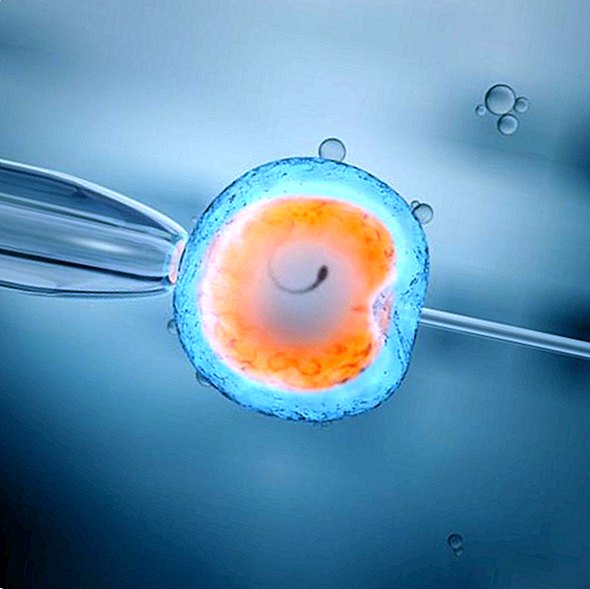Crispr: Will the genetically modified baby soon become a reality?

Research team removes hereditary disease from embryos
Researchers from the USA have for the first time been able to correct a genetic defect in human embryos using the new Crispr method. The genetic defect was a hereditary myocardial thickening, which was cut out using Crispr technology, so that the artificially fertilized oocytes developed normally in the laboratory. The embryos are missing in the end only one? a mother who carries her away. So far, however, the experts have not gone. They destroyed the embryos a few days after the investigations, they explain in the "Nature" magazine.
How did that work? The team of Shouhkrath Mitalipov from the Portland Oregon Science and Health University had given sperm to a man with a genetic defect in eggs. Under normal circumstances, the genetic defect would have been located in about half of the embryos, the other half would not have carried it in itself. By adding one more substance (Crispr) to the egg cell, which removed this exact error, the odds of healthy embryos increased to just under three quarters. As Mitalipov points out, no other parts of the genome were damaged by it.
Is the designer baby coming?
The procedure used by the researchers could one day prevent thousands of hereditary diseases, the Mitalipov team is sure. What sounds promising in itself, meets a shared echo. Ethicists criticize the intervention in the human genome, genetic engineers celebrate progress. Should one be able to cut the genetic material before birth in a way that suits medical professionals or parents? And is the investigation even serious, because it may not be able to keep the promise of salvation? Either way, humans are radically involved in evolution.
"If you change an embryo, and then pass this change on for generations, there must be very good reasons for the intervention: 'It can only be the last resort,'" Heidi Ledford points out to Nature. In Germany such attempts are forbidden so far, in the USA may not be carried out gene-manipulated embryos. At least not yet.










